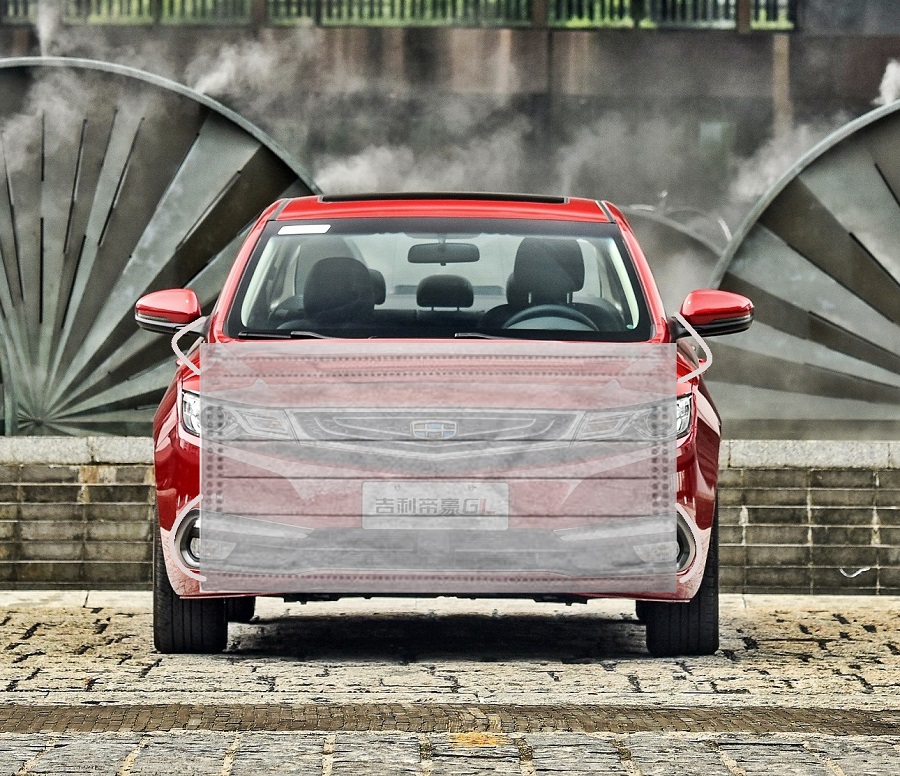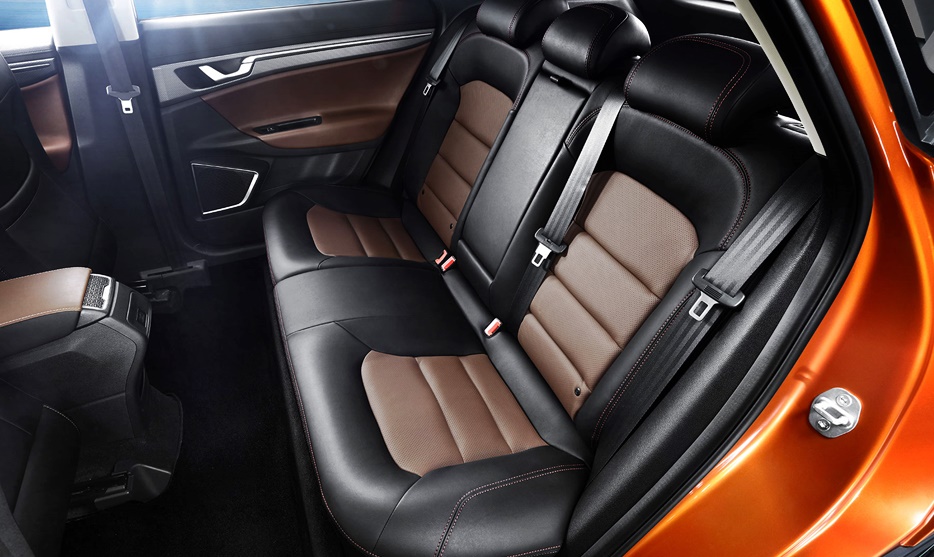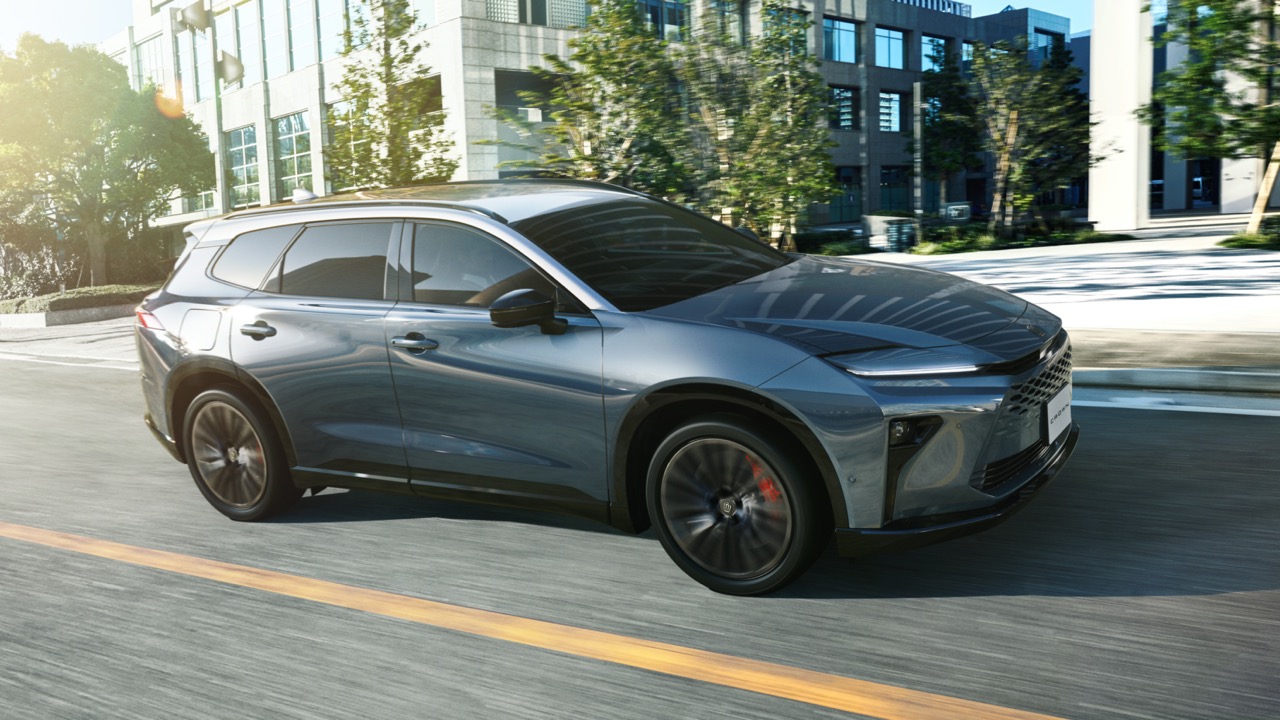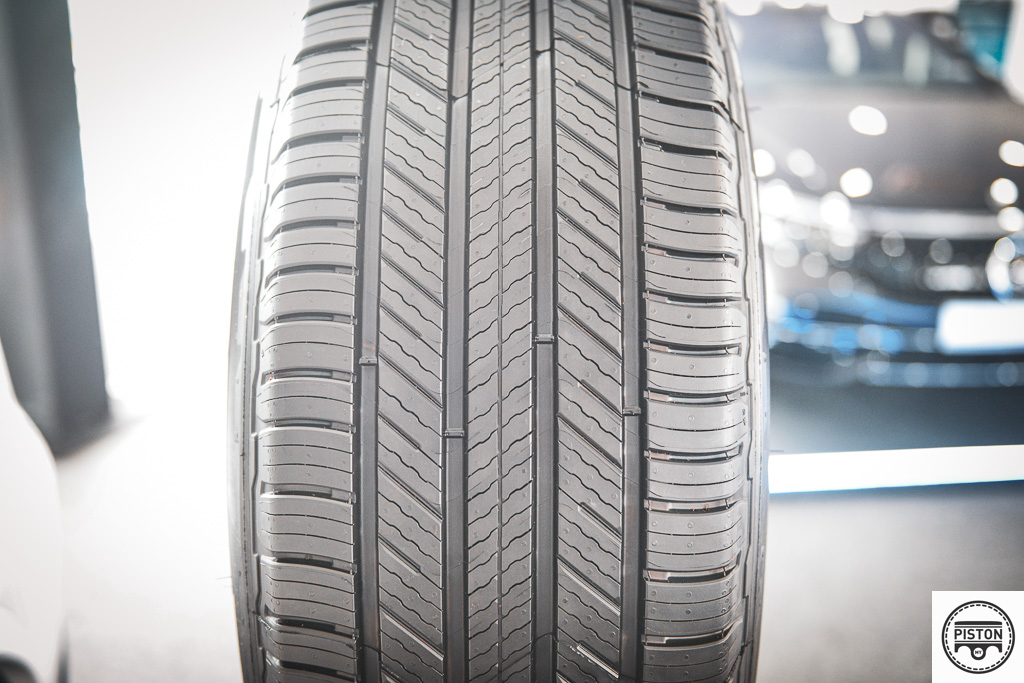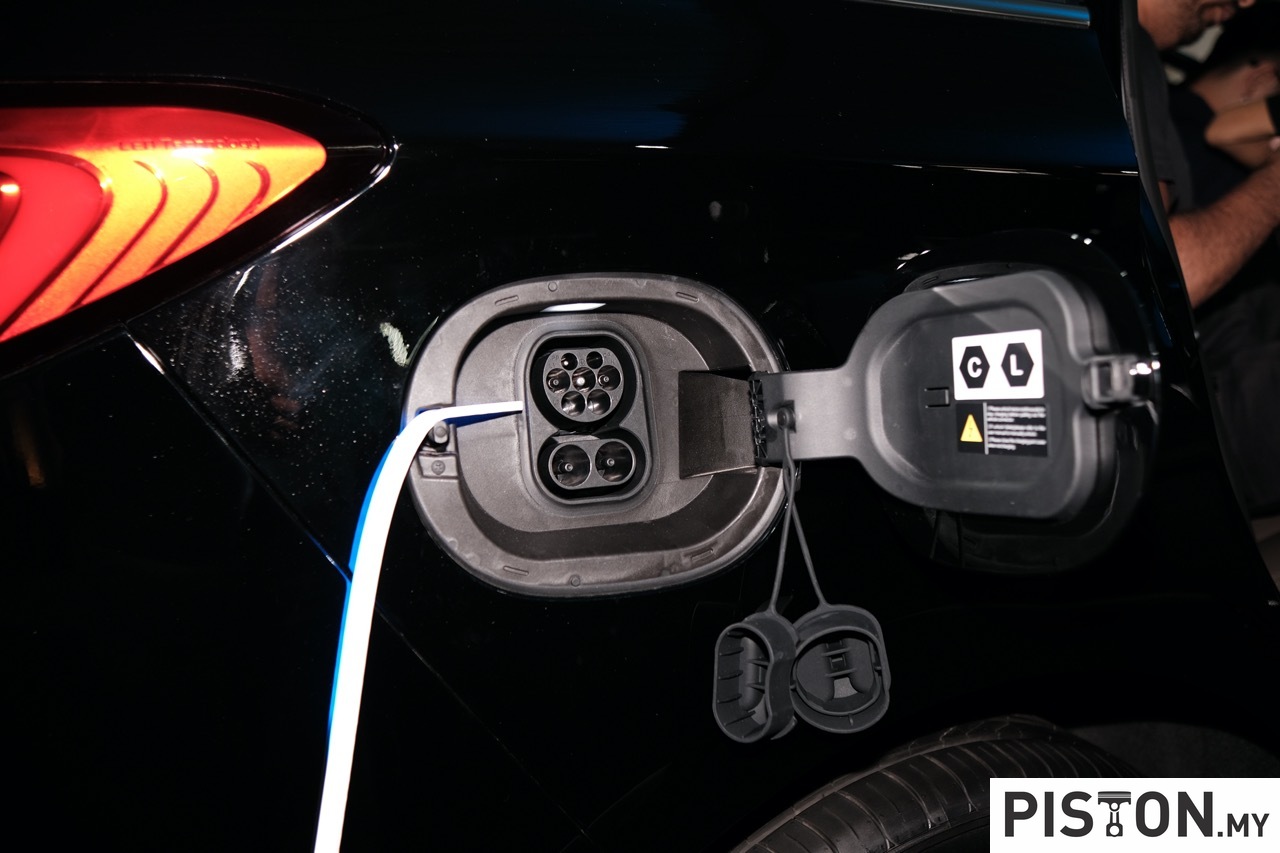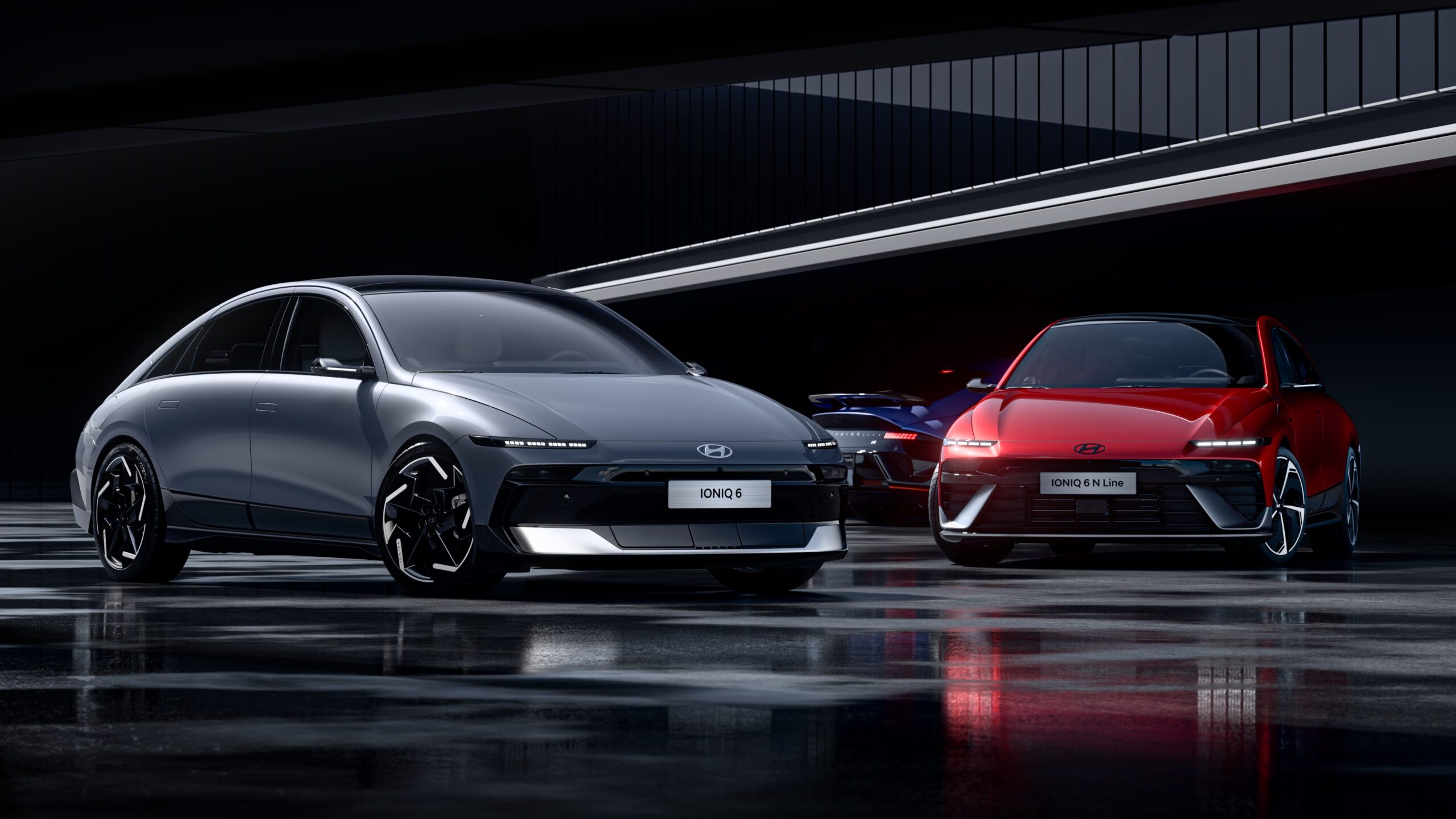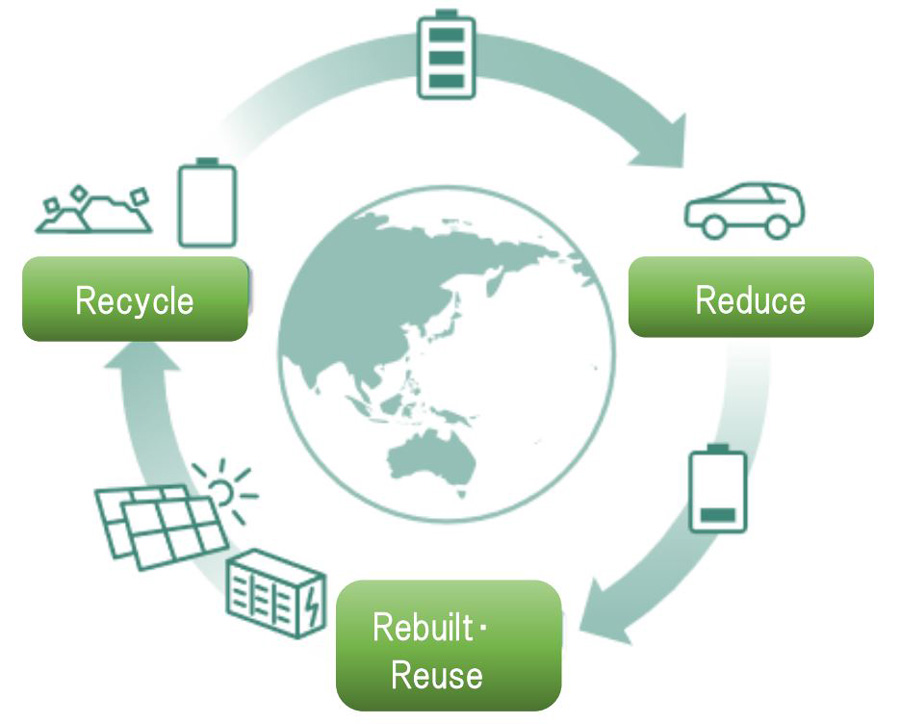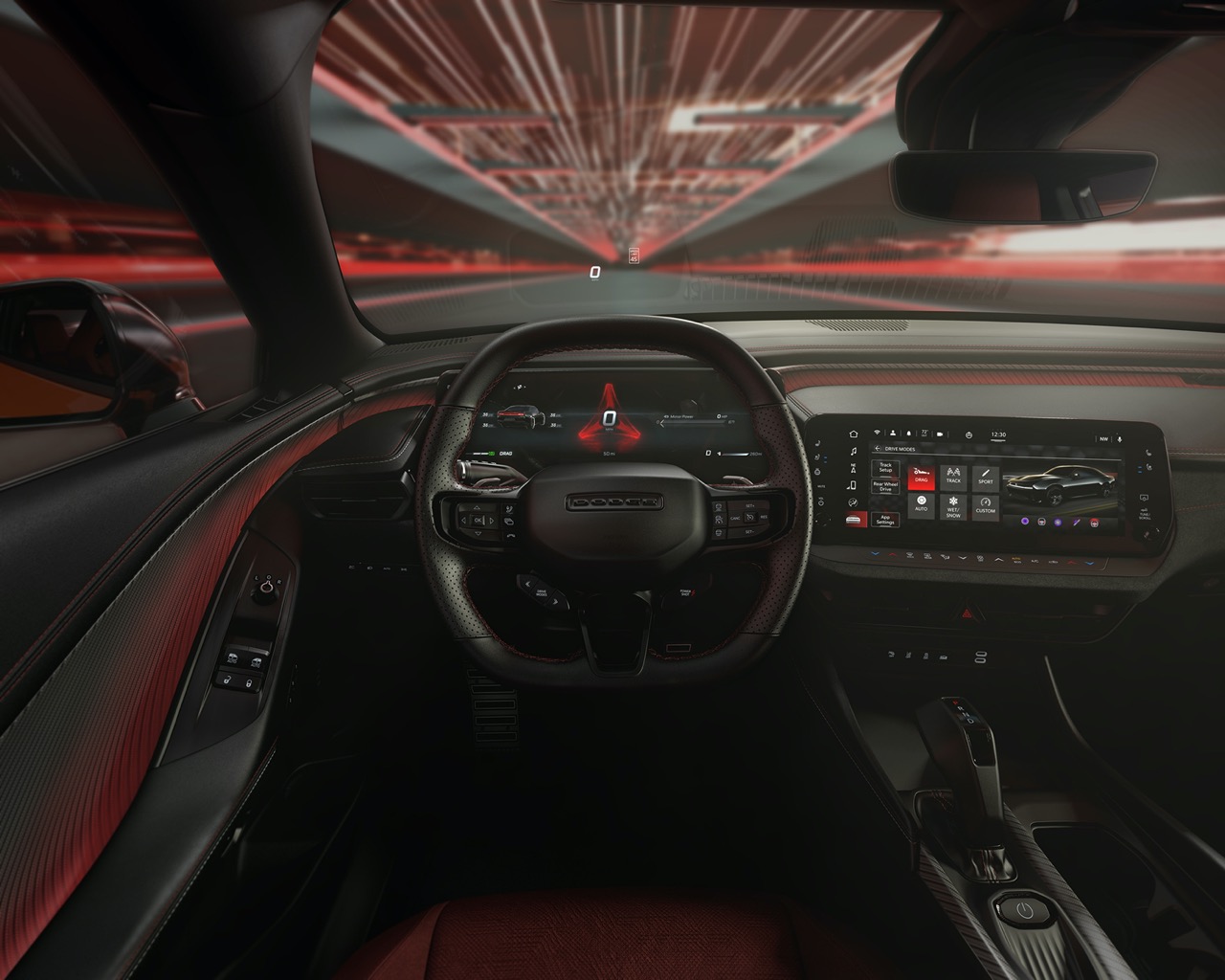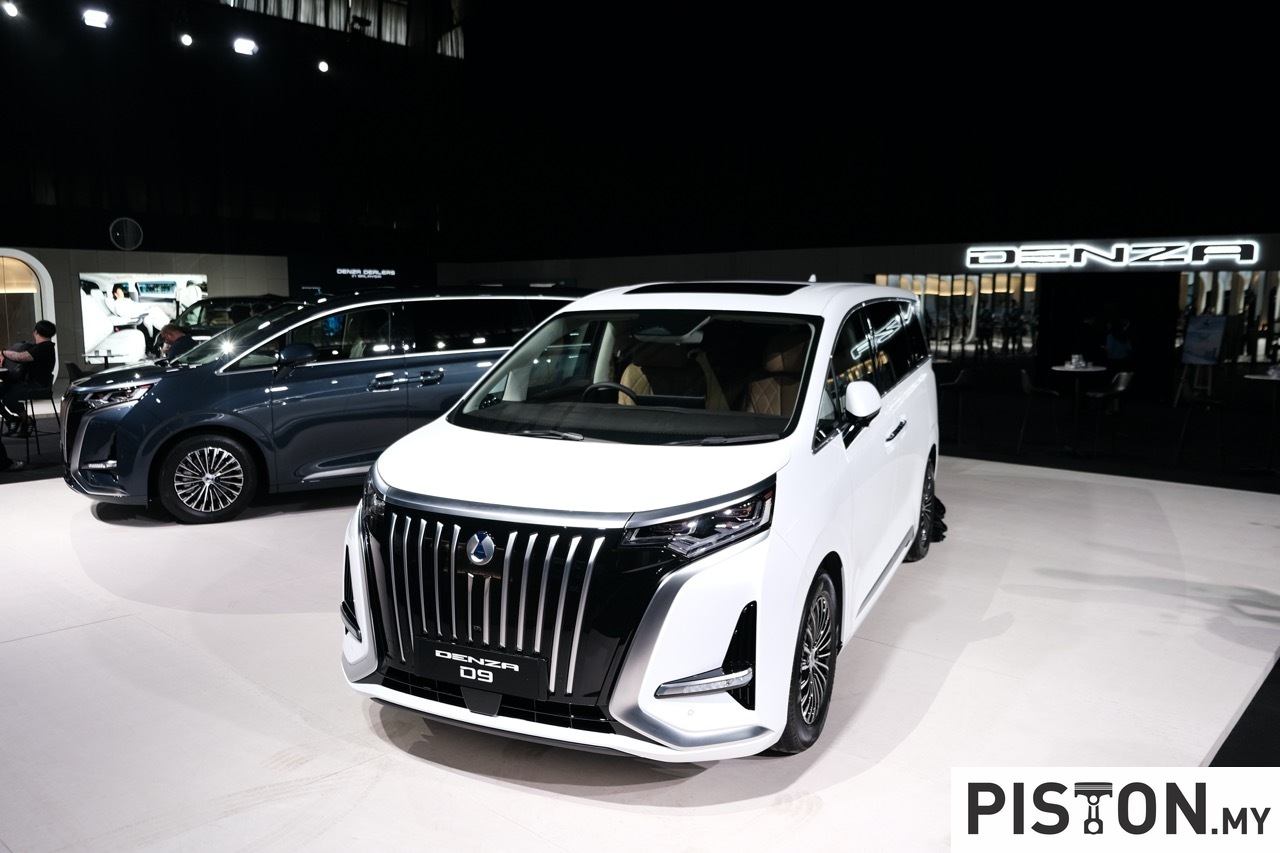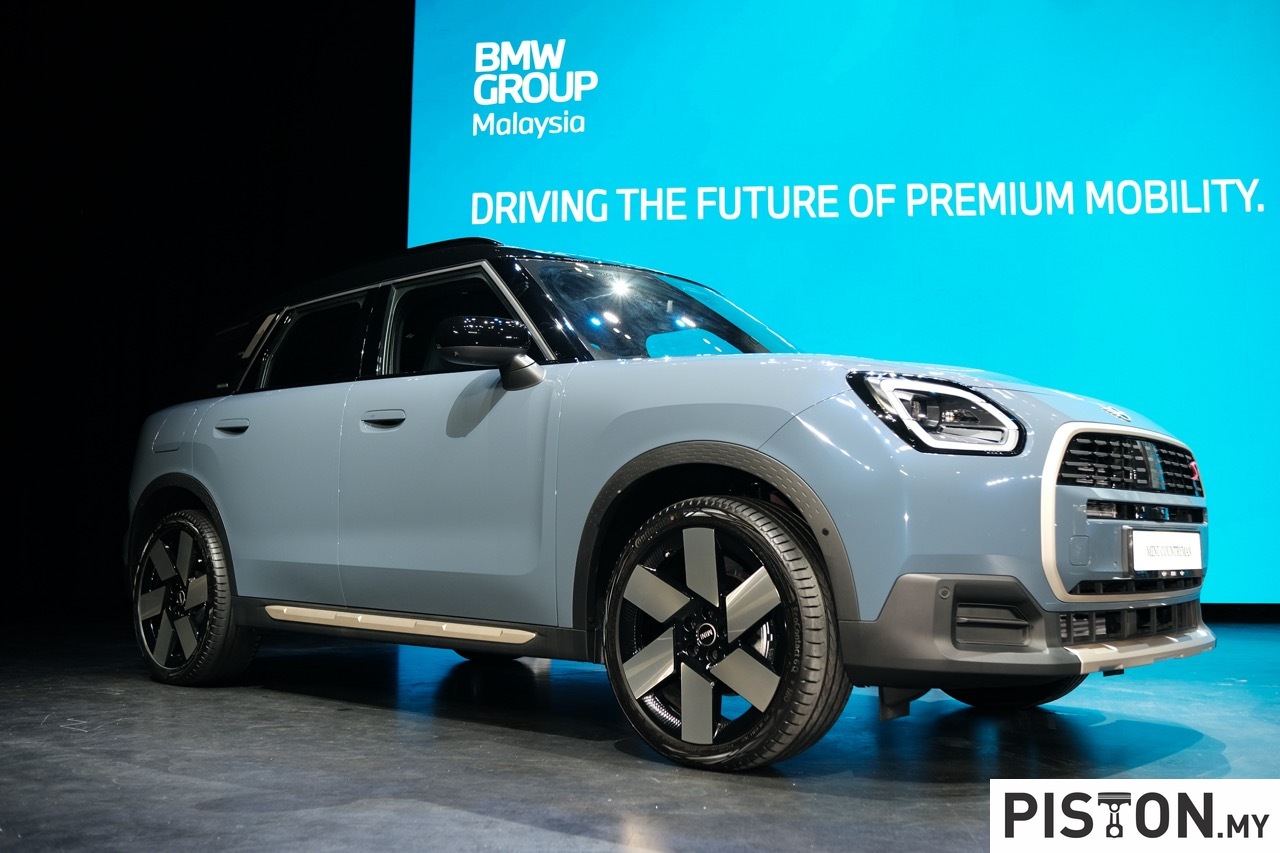‘Passenger safety’ in a motor vehicle would be expected to relate to protection during accidents and perhaps the way interior features are designed so as not to cause injuries. Some examples would be the shape of switches and how they project from the dashboard and the type of materials used in areas where the head may hit during a violent accident.
Now, with the outbreak of the coronavirus, one carmaker is adding protection from harmful substances in the air inside the car to ‘passenger safety’ requirements. The carmaker is Geely Auto which has allocated 370 million RMB (about RM220 million) of funding to further the development of ‘healthy, intelligent vehicles’.
The initiative, announced recently not only adds a new dimension to Geely’s understanding of ‘passenger safety’ but also represents a new development direction for automobiles. Until now, addressing air quality in the cabin has been mainly through the use of filters in the ventilation system. Some cars also have a system using nanoe-technology with fine e-ion particles said to be able to deactivate airborne bacteria.
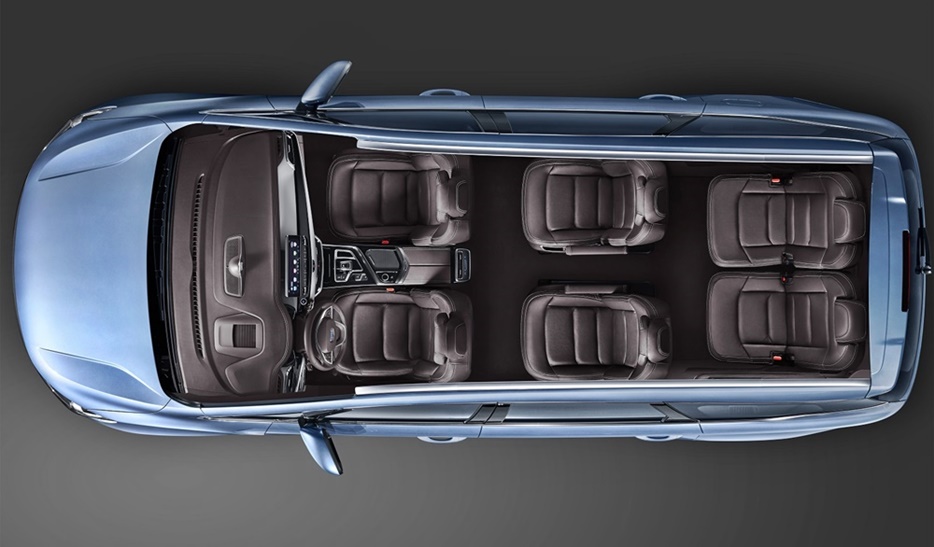
The development of a ‘healthier’ car differs from specialized medical vehicles in that Geely’s products are made for ordinary consumers. A car with comprehensive virus protection not only requires the capability to isolate harmful substances in the air, and it must be able to quickly and effectively purify cabin air for occupants.
Geely Auto’s global R&D and design networks based in Europe, USA and China will jointly move to develop and research new environmentally-sustainable materials with anti-bacterial and anti-viral properties which can be used within air-conditioner systems and on frequently touched surfaces such as buttons and handles.
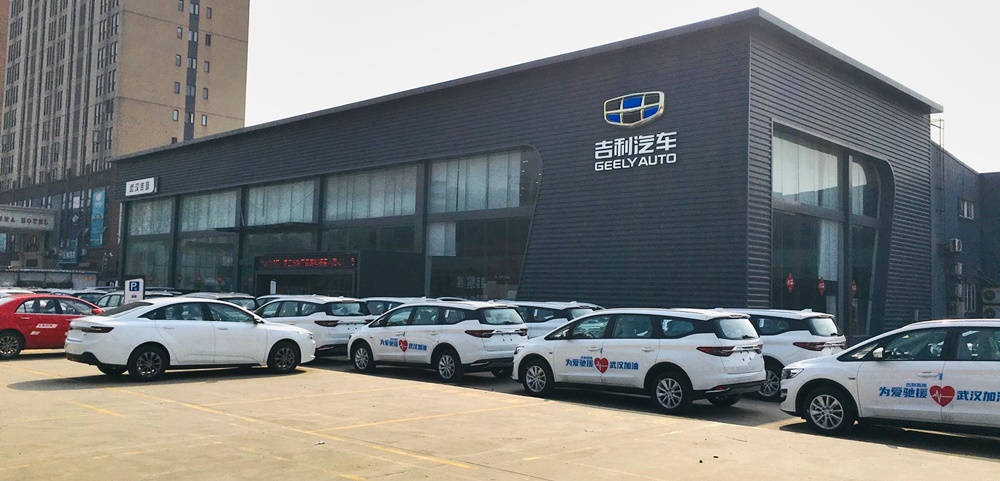
Geely Auto will make full use of its global R&D system and resources as well as cooperate with professional medical and scientific research institutions to set up special project teams to work on the new research.
Volvo Cars, also a member of the Zhejiang Geely Holding Group like Geely Auto, would be able to contribute a lot of its experience in this area as it would surely have for other safety aspects. For decades, it has paid attention to air quality inside its cars and developed features like the Clean Zone Interior Package and the Interior Air Quality System (IAQS) to maintain high air quality in the passenger compartment. The IAQS is a fully automatic air quality system that separates gases and particles to reduce the levels of odours and contaminants in the passenger compartment.
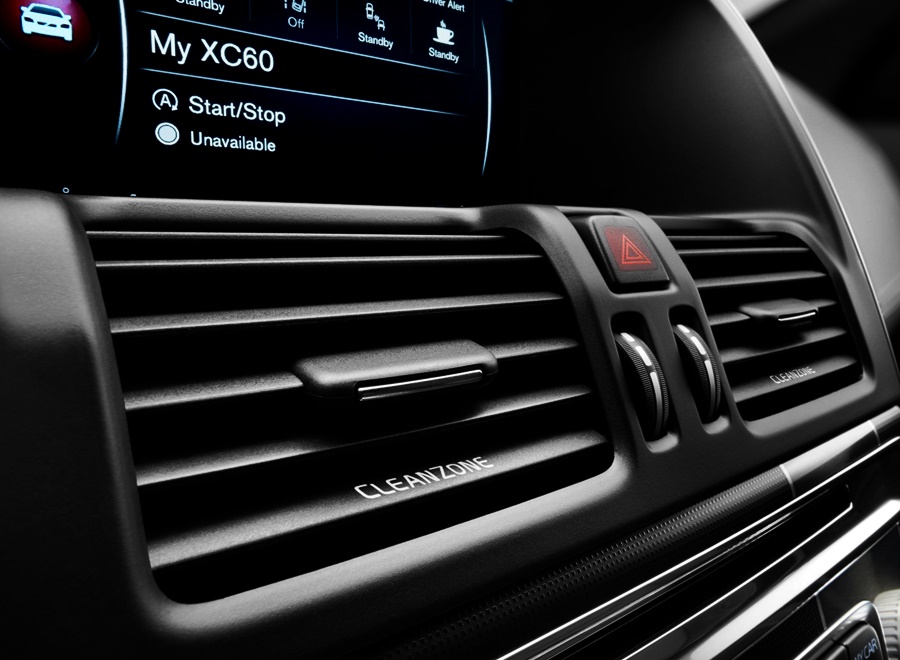
“Epidemic prevention is a job that requires the long-term effort of wider society. As the most common mode of transportation, consumers spend a considerable amount time in their cars, akin to a ‘second home’. Only by making healthier products can we meet consumer demand for better quality of life,” said An Conghui, President of Geely Holding Group and President & CEO of Geely Auto Group.
“Based on the automotive industry’s development direction built around electrified, connectivity, intelligence, and shared mobility, auto companies should commit to developing products that help protect the health of drivers and passengers. This will become one of Geely Auto key long-term development objectives,” he added.
Meanwhile, the Geely Holding Group joined hands with the Li Shufu Foundation to set up a special 200 million RMB (about RM118.4 million) fund in support of the new coronavirus prevention and control, with a focus on the mass purchasing of much-needed medical supplies for China in the short term.




